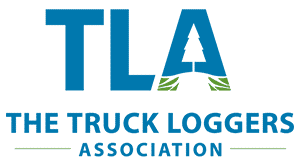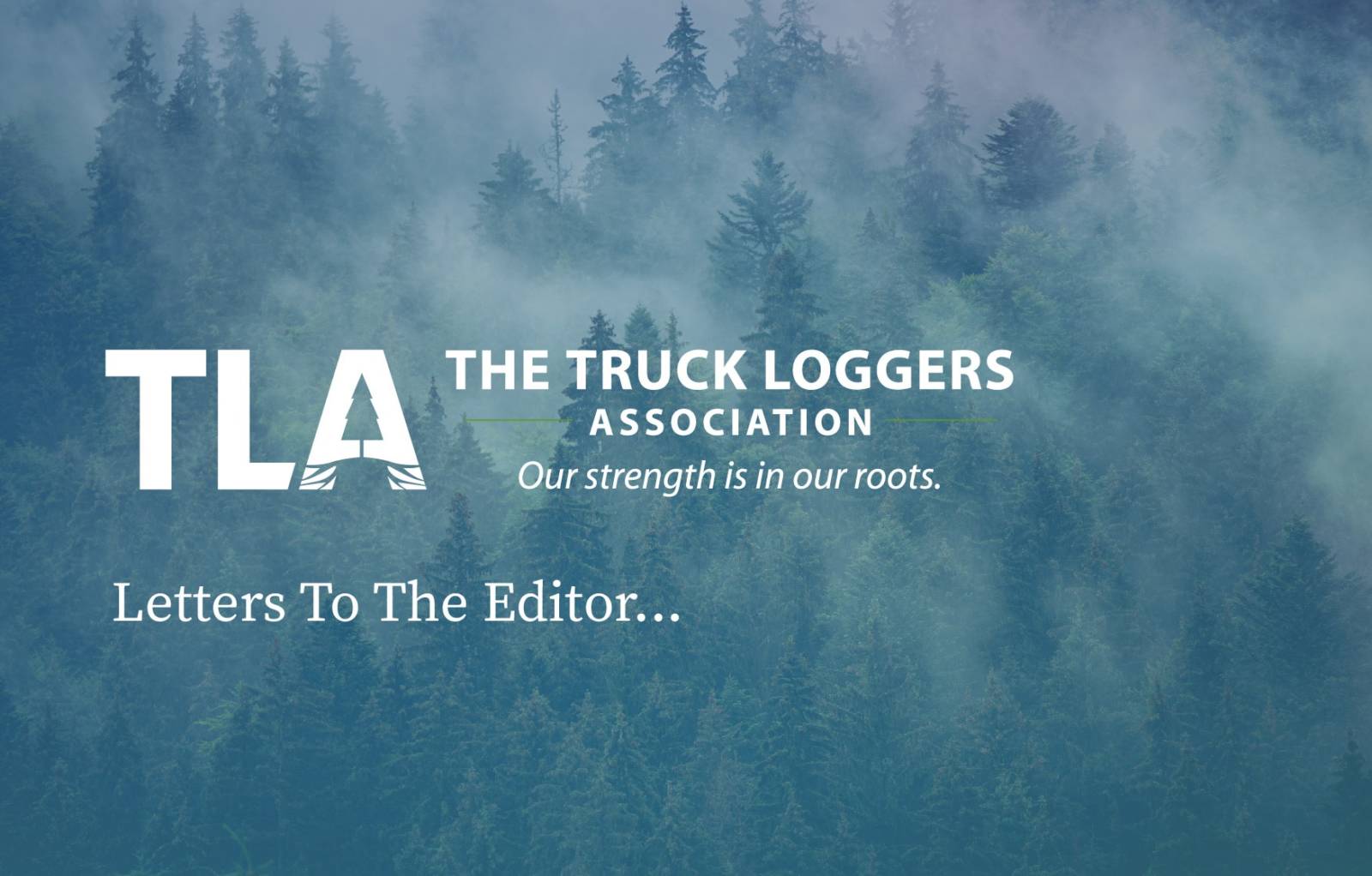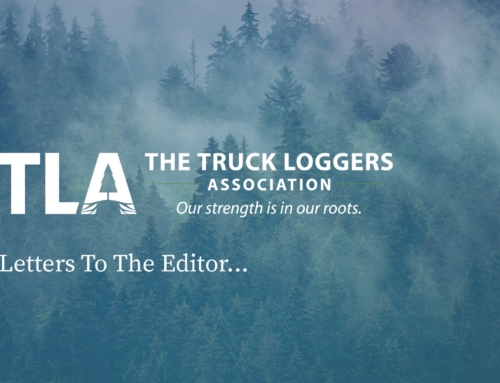I read with interest, an article appearing in the December 31 edition of thenelsondaily.com (Movement to protect old-growth forests in region, province gains some traction) because while I believe discussion and debate about important issues should be encouraged – they should also be centered on the facts.
As an example, the article suggests only a small portion of old growth forests remain standing when in fact, current government data states there are 11.1 million hectares of old growth trees in British Columbia, of which about 75% are protected from harvesting because they lie outside of the timber supply area or are protected in parks.
The item also references a petition to “stop the felling of ancient trees” when in fact, iconic trees are identified, set aside and preserved as a matter of government policy in this province.
There are a few additional facts that readers may be surprised by, the most important of which is that we share the belief that critical at-risk old growth should be protected. We recognize that British Columbians are passionate about protecting at-risk old growth, and there are viable options to find a balance that most people in our province could support.
For a number of months, we have called for a collective vision for forestry that would address society’s expectations of BC’s forest-management while ensuring the livelihood of workers and resource communities.
This government had an opportunity, which they have not yet undertaken, for meaningful collaboration among all key stakeholders, including First Nations, community groups, licensees, and non-government organizations – so decision-making would be informed with a true understanding of the issues and the consequences, to find a solution that works for everyone.
As we enter 2022, there are options that government can explore to achieve success for all concerned. To not do so will inevitably lead to failed policies that will directly result in as many as 18,000 men and women in our sector losing their jobs and livelihoods with a consequential devastating impact on many communities.
Bob Brash, RPF, Executive Director, Truck Loggers Association of BC








Get Social